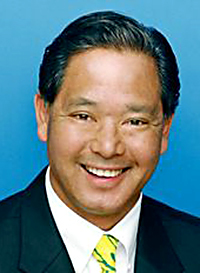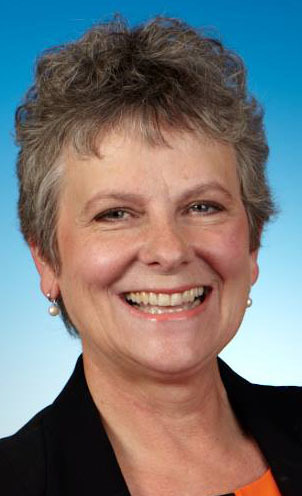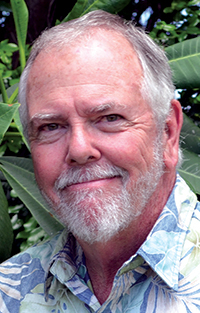Home-growers can breathe a sigh of relief: A bill that would have prohibited patients from growing their own medical marijuana is essentially dead. ADVERTISING Home-growers can breathe a sigh of relief: A bill that would have prohibited patients from growing
Home-growers can breathe a sigh of relief: A bill that would have prohibited patients from growing their own medical marijuana is essentially dead.
The measure, HB 1680, had not been heard by the House Committee on Health by Thursday, which was the filing deadline for bills referred to at least three committees.
Four other bills relating to medical marijuana met a similar fate — none will be heard this session unless re-referred, which is unlikely.
“I am disappointed but not surprised,” said Rep. Marcus Oshiro, the Oahu Democrat who introduced three of the five measures.
Oshiro previously told the Tribune-Herald the home-grow ban, which would have required patients to purchase medical marijuana from state-licensed dispensaries only, was aimed to help law enforcement better regulate and control the drug, as well as keep it away from youths.
“(With this bill) you’ve addressed the access and availability issue, at the same time you’ve ensured the supply of safe medical marijuana remains available,” Oshiro previously said. “But it’s not at the expense of overexposure to the community — especially, the adolescent community.”
The idea sparked immediate backlash from Big Island lawmakers and proponents of the local medical cannabis industry. State records from October show about 40 percent of the state’s 12,500 medical marijuana patients reside on Hawaii Island.
Charles Webb, who operates the Medical Use of Marijuana clinic, called the proposal “foolish and selfish.” Andrea Tischler, chairwoman of the Big Island chapter of Americans for Safe Access, said it was the “worst nightmare for the patient that you can possibly imagine.”
On Monday, Tischler told the Tribune-Herald she was relieved.
“Hooray and hallelujah,” she said. “I’m very, very happy and pleased that it’s not going to be heard. (House bills 1680 and 1677) were the most harmful to patients — those would have really set us back.”
Another of Oshiro’s measures, HB 1677, would have established a tracking system to monitor the doctors who provide medical marijuana certifications. His third proposal, HB 2455, would have regulated the price of marijuana sold at dispensaries.
Oshiro said Monday he still hopes the third price-control bill will be heard this session.
“I’m hoping it will get a hearing and … strengthen the oversight of the current medical marijuana certificate program,” he said. “Hopefully, we can begin to re-evaluate the current system we have today — (which has) a lack of oversight — to avoid the epidemic in our country, the overuse of pain medication that hurts many patients as well as families.”
Two other marijuana measures appear to have met the same fate as Oshiro’s bills. HB 1748, introduced by Kohala Rep. Cindy Evans, would have given county councils the ability to ban medical marijuana production centers and dispensaries in specified areas.
Another, HB 2222, introduced by Naalehu Rep. Richard Creagan, would have amended the definition of “debilitating medical condition” to give physicians greater discretion to prescribe low-potency medical cannabis.
Efforts to reach Evans and Creagan, both Democrats, on Monday were unsuccessful.
Email Kirsten Johnson at kjohnson@hawaiitribune-herald.com.





